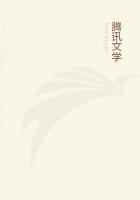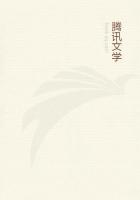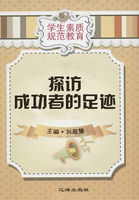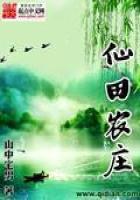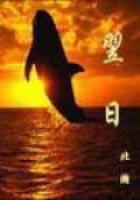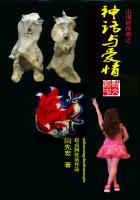Let us pass on. So time had a beginning. What was there before this beginning? The universe, which was then in a self-equal, unchanging state. And as in this state no changes succeed one another, the more specialised idea of time transforms itself into the more general idea of being. In the first place, we are here not in the least concerned with what ideas change in Herr Dühring's head. The subject at issue is not the idea of time , but real time, which Herr Dühring cannot rid himself of so cheaply. In the second place, however much the idea of time may convert itself into the more general idea of being, this does not take us one step further. For the basic forms of all being are space and time, and being out of time is just as gross an absurdity as being out of space. The Hegelian "being past away non-temporally" and the neo-Schellingian "unpremeditatable being" are rational ideas compared with this being out of time. And for this reason Herr Dühring sets to work very cautiously; actually it is of course time, but of such a kind as cannot really be called time, time, indeed, in itself does not consist of real parts, and is only divided up at will by our mind -- only an actual filling of time with distinguishable facts is susceptible of being counted -- what the accumulation of empty duration means is quite unimaginable. What this accumulation is supposed to mean is here beside the point; the question is, whether the world, in the state here assumed, has duration, passes through a duration in time.
We have long known that we can get nothing by measuring such a duration without content just as we can get nothing by measuring without aim or purpose in empty space; and Hegel, just because of the weariness of such an effort, calls such an infinity bad. According to Herr Dühring time exists only through change; change in and through time does not exist.
Just because time is different from change, is independent of it, it is possible to measure it by change, for measuring always requires something different from the thing to be measured. And time in which no recognisable changes occur is very far removed from not being time; it is rather pure time, unaffected by any foreign admixtures, that is, real time, time as such. In fact, if we want to grasp the idea of time in all its purity, divorced from all alien and extraneous admixtures, we are compelled to put aside, as not being relevant here, all the various events which occur simultaneously or one after another in time, and in this way to form the idea of a time in which nothing happens. In doing this, therefore, we have not let the concept of time be submerged in the general idea of being, but have thereby for the first time arrived at the pure concept of time.
But all these contradictions and impossibilities are only mere child's play compared with the confusion into which Herr Dühring falls with his self-equal initial state of the world. If the world had ever been in a state in which no change whatever was taking place, how could it pass from this state to alteration? The absolutely unchanging, especially when it has been in this state from eternity, cannot possibly get out of such a state by itself and pass over into a state of motion and change. An initial impulse must therefore have come from outside, from outside the universe, an impulse which set it in motion. But as everyone knows, the "initial impulse" is only another expression for God. God and the beyond, which in his world schematism Herr Dühring pretended to have so beautifully dismantled, are both introduced again by him here, sharpened and deepened, into natural philosophy.
Further, Herr Dühring says:
"Where magnitude is attributed to a constant element of being, it will remain unchanged in its determinateness. This holds good ... of matter and mechanical force" {D. Ph. 26}.
The first sentence, it may be noted in passing, is a precious example of Herr Dühring's axiomatic-tautological grandiloquence: where magnitude does not change, it remains the same. Therefore the amount of mechanical force which exists in the world remains the same for all eternity. We will overlook the fact that, in so far as this is correct, Descartes already knew and said it in philosophy nearly three hundred years ago; that in natural science the theory of the conservation of energy has held sway for the last twenty years; and that Herr Dühring, in limiting it to mechanical force, does not in any way improve on it. But where was the mechanical force at the time of the unchanging state? Herr Dühring obstinately refuses to give us any answer to this question.
Where, Herr Dühring, was the eternally self-equal mechanical force at that time, and what did it put in motion? The reply:
"The original state of the universe, or to put it more plainly, of an unchanging existence of matter which comprised no accumulation of changes in time, is a question which can be spurned only by a mind that sees the acme of wisdom in the self-mutilation of its own generative power" {78-79}.
Therefore: either you accept without examination my unchanging original state, or I, Eugen Dühring, the possessor of creative power, will certify you as intellectual eunuchs. That may, of course, deter a good many people. But we, who have already seen some examples of Herr Dühring's generative power, can permit ourselves to leave this genteel abuse unanswered for the moment, and ask once again: But Herr Dühring, if you please, what about that mechanical force?
Herr Dühring at once grows embarrassed.
In actual fact, he stammers, "the absolute identity of that initial extreme state does not in itself provide any principle of transition. But we must remember that at bottom the position is similar with every new link, however small, in the chain of existence with which we are familiar.


